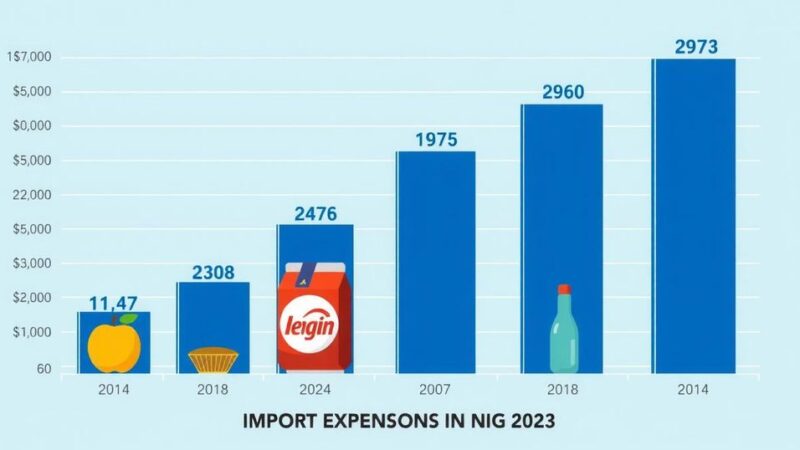The BuyLetLive report indicates that inflation significantly altered Nigeria’s housing market in 2024, affecting affordability
Nigerians spent N21.51 trillion on imports over four years, significantly on foodstuffs. Despite local production
The World Bank has indicated concerns about Nigeria’s statistical quality, comparing it unfavorably to countries
China has fallen short of its carbon emissions target for 2024, decreasing by only 3.4
China has failed to meet its 2024 carbon intensity target, achieving only a 3.4% reduction
Nigeria’s economic rebase in 2025, following a record inflation of 33.80% in 2024, has led
Nigeria’s inflation decreased to 23.18% in February 2025, with lower fuel prices and a stable
The widening skills gap in Nigeria is contributing to high unemployment rates, with many job
Nigeria’s inflation rate dropped to 23.18% in February 2025, a significant decrease attributed to the
Nigeria’s inflation rate decreased to 23.18% in February 2025 from 24.48% in January 2025, according









